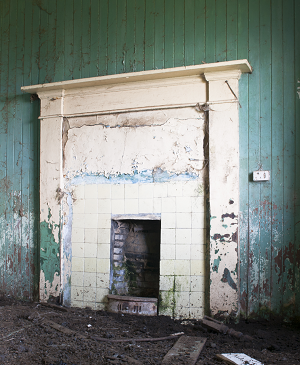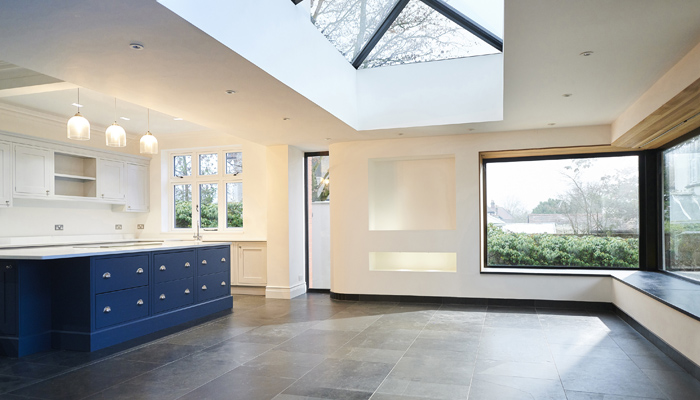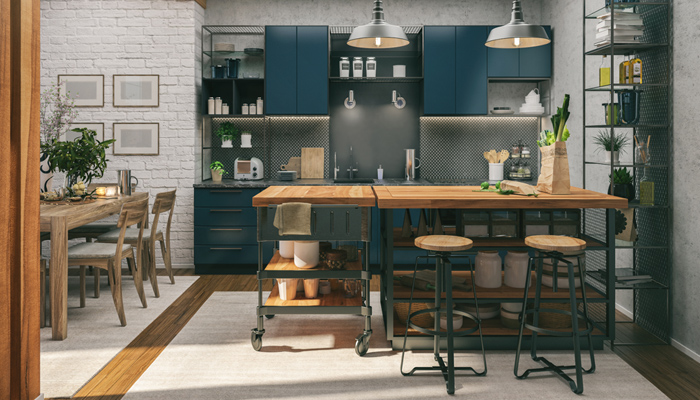What to do with an Empty House
If you’re a home-owner with an empty house and you need to decide what to do with your vacant property, this guide will help you make an informed decision.
What do you do with an empty house? There are plenty of choices: you could let it out, sell it, renovate it... or you could move in and call it home! What you do with your property is ultimately up to you, but usually it will hinge on your personal finances, future housing plans, taxes, and the current real estate market.
Here are some things to consider before you make your decision:
Should I let out my empty house?
Letting out your empty house is a great way to make your property work for you and to earn some extra money. There are also many reasons to let out your property, such as:
-
If you’re only leaving your house empty temporarily while you travel or work abroad, renting it out is a good way to make some money and ensure that the property is looked after while you’re gone.
-
If you intend to sell your property at a later date and you predict that its value will increase within the next five years, renting out your property is a solid plan in the interim.
-
If you need supplemental income and you can earn more than the property will cost you, you may want to consider keeping the house and renting it out.
Things to consider:
-
Renting out your house makes you a landlord, which means you’ll have to follow certain rules. Make sure your house is safe for tenants and that you understand your responsibilities.
-
You pay slightly different taxes on buy-to-let properties than you do on your main home and you need to purchase Landlord Insurance before you can let out your empty house.
Should I sell my empty house?

Timing is everything when you sell your house. If the housing market is friendly to sellers and you think you can turn a tidy profit from your empty house, selling may seem like a natural option. Other reasons to sell include:
-
If you don’t want to be a landlord or can’t afford repairs, and you’re not planning to move into your empty house, then selling your secondary property makes a lot of sense.
-
If you want to purchase a better home and all you need is a little more money, selling your empty home and using the equity as a down payment is a strong argument in favour of selling your home instead of renting it out.
-
If you can’t afford to keep up with the payments on two houses, then selling your empty house is a natural choice.
Should I renovate my empty house?

If you’ve budgeted for a large renovation and your house is empty, there’s no time like the present to spruce up your living quarters. Reasons to renovate include:
-
If you plan to rent out your house, but it needs minor renovations in order to meet necessary regulations and/or you can possibly charge more after a renovation, you may want to invest in some home improvements (especially if you can easily recover the cost, given time).
-
If you aim to live in the house after a large renovation, you may want to leave it empty while it’s being worked on and move in when the job’s complete.
-
If renovations significantly improve your house’s resale value, they’re a wise investment.
Should I move into my empty house?
Moving into an empty house is a personal decision that may be motivated by many reasons, including:
-
If the empty house is an upgrade from your current home, or if your current home would make a better rental property, you may wish to move into the empty house.
-
If you’ve inherited the house from a loved one and need to time to settle their estate, moving in will afford you more options than selling immediately would.
-
If you want to try to avoid some tax, moving into an inherited property that eventually becomes your main home might allow you to qualify for the Capital Gains Tax exclusion.
Keep your empty house safe
Whatever you decide to do with your empty property, don’t let risks like theft, vandalism, and property damage rob you of your asset. Keep your house protected with unoccupied property insurance while you decide what to do with it.
About the author
 Alison Wild BCom (Hons), MAAT, ATT, Taxation Technician is a highly respected industry professional who has been working with and advising SMEs in areas including tax, pensions, insurance and marketing for over 25 years. She is a member of the Association of Accounting Technicians (AAT) and Association of Tax Technicians (AAT) and also has considerable experience as a residential landlord.
Alison Wild BCom (Hons), MAAT, ATT, Taxation Technician is a highly respected industry professional who has been working with and advising SMEs in areas including tax, pensions, insurance and marketing for over 25 years. She is a member of the Association of Accounting Technicians (AAT) and Association of Tax Technicians (AAT) and also has considerable experience as a residential landlord.
Date: October 26, 2016
Category: Home and Property









